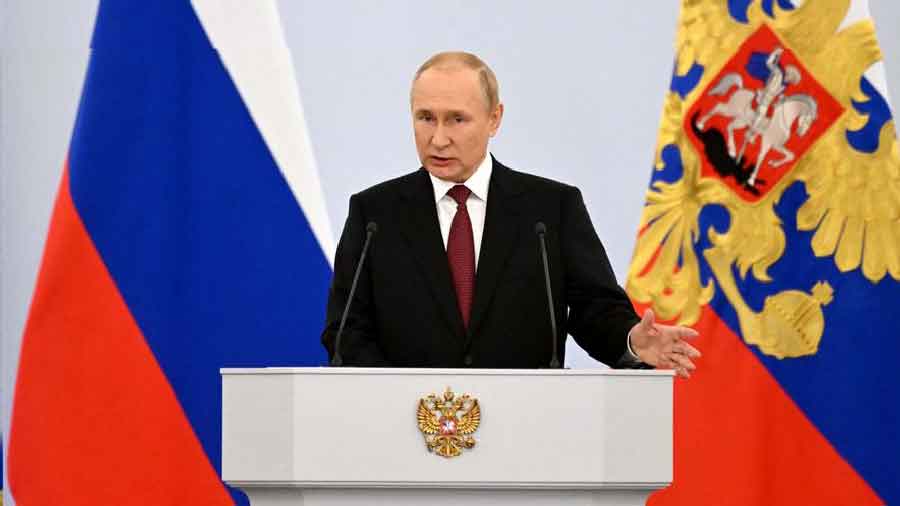The Russian rouble slumped to a more than three-month low past 64 to the dollar on Tuesday, hurt by escalating geopolitical risks linked to the conflict in Ukraine and reduced supply of foreign currency among exporters.
By 1409 GMT the rouble was down 2.1% against the dollar at 64.03, its weakest since July 7. It had lost 2.5% to trade at 62.95 versus the euro , earlier sliding beyond the 63 mark for the first time since August 11.
It had shed 1.4% against the yuan to 8.78, a near three-week low.
"During the session we expect continued pressure on the rouble against the backdrop of lower supply of foreign currency from exporters,” Banki.ru analyst Bogdan Zvarich said in a note. The rouble has been supported by capital controls and a collapse in imports since Western sanctions were imposed over Russia's actions in Ukraine and companies left the market in droves.
Addressing parliament on Tuesday, Bank of Russia Deputy Governor Alexei Zabotkin said that capital controls, which have been partially eased since Russia sent troops into Ukraine, could be brought back in full "if acute risks to financial stability materialise again”.
Already blighted by Western sanctions, Russia's economy now faces a more self-inflicted blow, with President Vladimir Putin's military mobilisation drive threatening to undermine productivity, demand and recovery.
Promsvyazbank analyst Yevgeny Loktyukhov pointed to escalation in Ukraine and a pullback in oil prices as a reason for the rouble's slide. Brent crude oil, a global benchmark for Russia's main export, was down 2.3% at $94.0 a barrel at 1410 GMT. Russian stock indexes, which were dragged sharply lower by Gazprom in the previous session, were mixed. The dollar-denominated RTS index shed 1% to 954.0 points, while the rouble-based MOEX Russian index was up 1.2% at 1,939.3 points.
Excluding Gazprom, the market was gaining for the second day running, said Dmitry Skryabin, portfolio manager at Alfa Capital. The European Union's eighth sanctions package had turned out to be less severe than expected in terms of a ban on ferrous metals products, he added.











